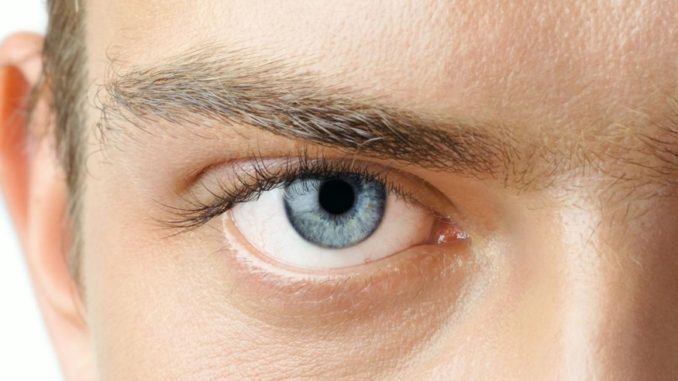
An eye check-up involves physical examination and series of eye tests to check your vision and detect the possibility of any discrepancies in the function and structure of the eye. It is with the help of these tests that an ophthalmologist decides if you need some kind of eye treatment. Many a times, patients do not have any symptoms or realise the presence of an abnormality, which necessitates regular eye check-ups.
The general eye exam consists of external examination conducted by using a retinoscope and other devices to test visual acuity, pupil function and the performance of the extraocular muscles. These exams help in detecting tumours, eye diseases, ocular manifestations of systemic diseases or potentially blinding diseases. There are different types of retinoscopes available such as a plane mirror retinoscope, spot retinoscopes, and steak retinoscopes among other variants. You can find these products on reliable online medical platforms such as Smart Medical Buyer. They have some of the lowest streak retinoscope pricesonline.
As most of the eye diseases are asymptomatic, getting regular check-ups is very important. Early detection of diseases allows you to opt for treatment at the earliest and reducing the damages in terms of treatment cost and severity of the disease. Consistent visits to the doctor also helps in correcting vision changes and learning the required tips for maintaining the health of your eyes.
There are many variables that affect the advised frequency of eye check-ups. These factors include age, general health and medical conditions that increase the possibility of developing eye diseases. Doctors recommend full eye check-ups after every 2-3 years for people above the age of 55 years. however, people with the following conditions should be more frequent with their visits to the ophthalmologist:
- Family history of eye diseases
- Those who wear glasses or use contact lenses
- Those taking medications that can have side effects on eyes
- Those suffering from systemic diseases that can impact your eye sight
- Diabetics
- A history of eye surgery or eye injury
Children need to undergo these tests every two years if there is no history of eye diseases or injury. The routine eye check-up should include the following:
- Examination of optic nerve and the eye pressure test
- Coordination test for both the eyes
- Cataract test
- Extraocular muscle function examination
- Test for near vision to determine presbyopia
- Use of an eye chart to evaluate near and distant vision.
It is also important to have a basic knowledge of the basic eye tests that one should undergo at various ages.
-
Visual field test:
This is used to determine the peripheral vision of the patient. -
Colour blindness tests:
This helps in determining if the individual has issues in viewing different colours and how severe is the disease. -
Glaucoma test (tonometry):
This is done by measuring the pressure in your eyes. A puff of air is directed in the eye and the pressure is calculated based on the resistance to the pressure. -
Ocular motility test:
Issues in eye movement can cause severe eye strain. This has an impact on the individuals reading ability and other activities. This test is conducted to determine the ability of the human eye to follow an object in motion.
It is essential to visit a doctor to get these tests conducted in a formal medical environment. They use proper equipment such as Littmannstethoscopes, retinoscopes and gloves for a hygienic and sanitary check-up. A majority of medical professional prefer to buy these products from Smart Medical Buyer, the biggest online distributor of medical equipment with some of the lowest bp machine, syringes, nebulizer, adult diapers, hearing aids and stethoscope prices.

Leave a Reply
You must be logged in to post a comment.